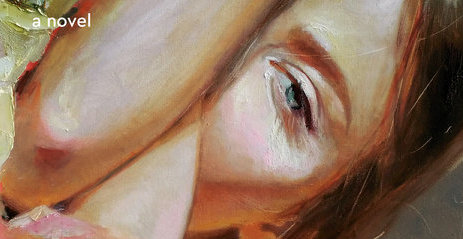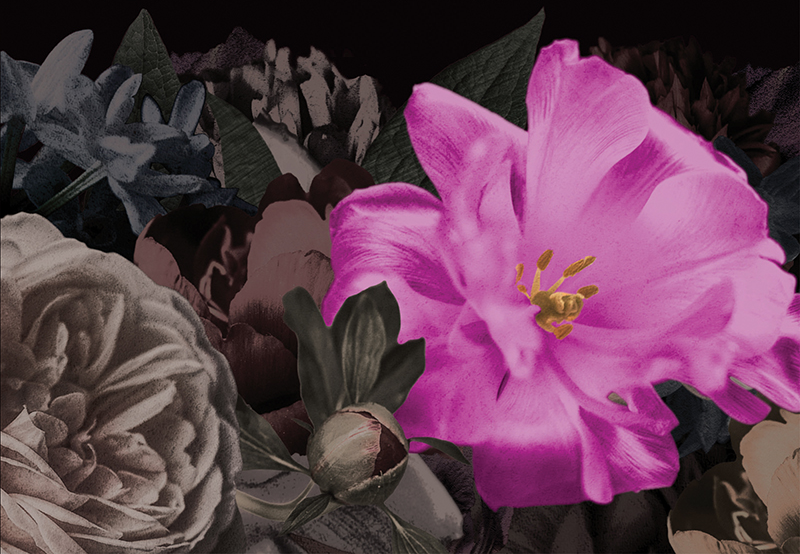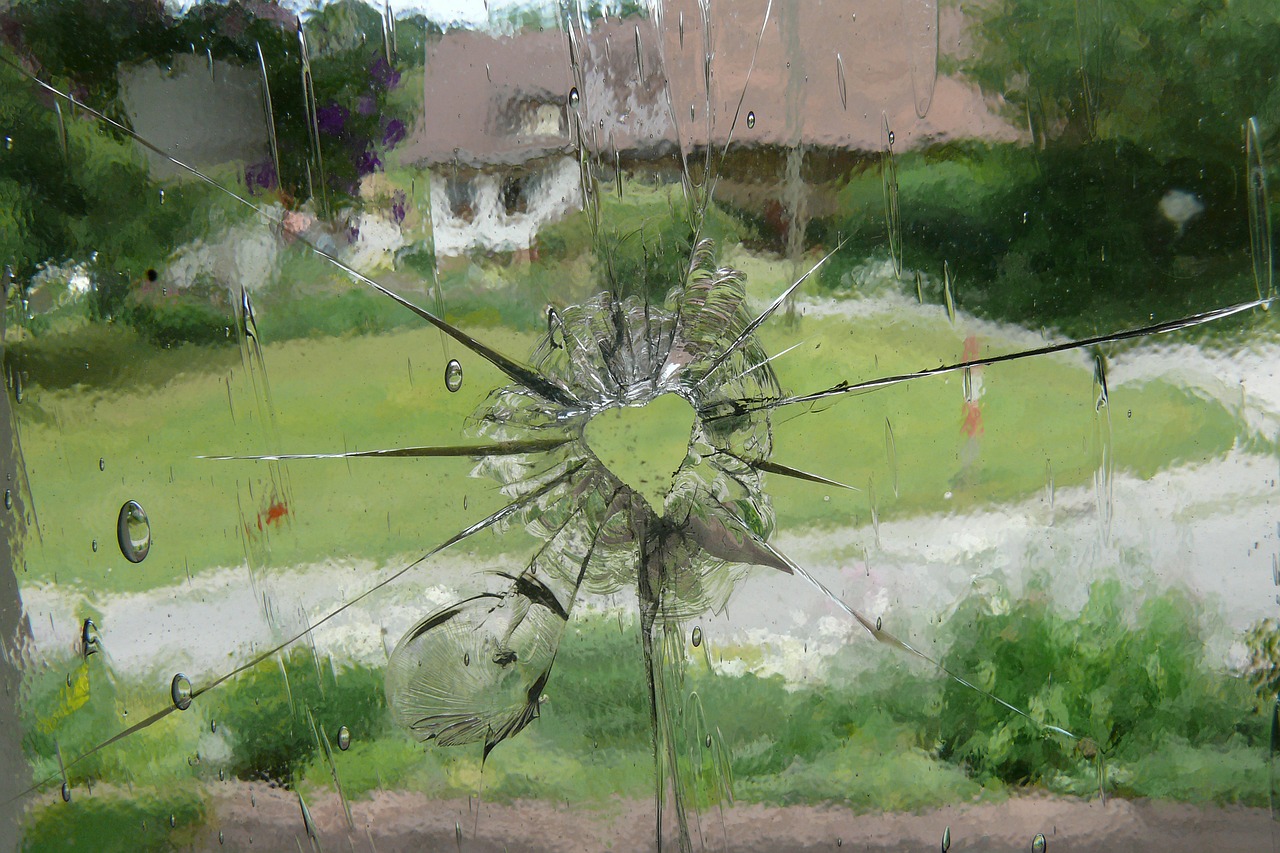Books & Culture
A Doctor and a Scientist Write to Remember
John Okrent’s “This Costly Season” reckons with illness, caregiving, and the trauma of recollection

Under a microscope, a virus looks like nothing; it’s too small for a conventional microscope to see. Under an electron microscope, coronaviruses look like a crown: a wide circle of membrane as the base and ornaments of spike proteins sticking up like precious jewels. Indeed, these proteins are precious to the virus; they bind to our cells and let the virus in.
A crown of sonnets, or sonnet corona, is a collection of sonnets where the last line of one poem, or a variation thereof, opens the next. Sonnets are poems 14-lines long, traditionally in a tightly controlled meter and with an end-rhyme theme; sonnets often invoke a volta, a shifting of tone or meaning, roughly halfway through, often after the 8th line and before the 9th or before the final couplet. The form is ancient, and subject to modern play and reinterpretation, such as the brilliant, playful, and devastating American Sonnets for My Past and Future Assassin by Terence Hayes.
So, it’s July 9th, and I’m sitting on my roof, a cool day in peak summer. I’m in the shade, and I’ve brought up a bottle of bubbly. There’s a good enough breeze, and my dog lies dormant on my leg. In the elevator, on the way up, a couple in my building asked, spotting the bottle of wine, if I was having a party.
“Just me, a bottle of bubbles, and a book of poetry. My favorite type of party.”
The book of poetry: This Costly Season, A Crown of Sonnets by John Okrent, announces itself pink and floral and full of natural beauty on its cover.
I’m part way through the book, my fifth or six reading of the collection, after having read a few of the poems published here or there.
I push my leg harder against my dog, and look out into my own perfect blue sky.
I open the book on the roof to the lines, “I toss my daughter / higher and higher into the faultless air / like any father.” I push my leg harder against my dog, and look out into my own perfect blue sky, the skyline of New York interrupted by the green of Prospect Park and the white of slow-moving high clouds. The air used to just be the air; now, in spaces like this, outdoors and alone, it has become faultless, as safe as air can get, and I take a sip of my wine.
John Okrent is a family doctor with a practice in Tacoma, Washington, about 90 minutes south of where I grew up in a small farming town. His crown of sonnets are titled with dates, if these can be called titles, evoking a journal, informal writing, or writing to the self.
The first poem: March 17, 2020.
The last: September 28, 2020.
Remember those days, those months? We may well not want to. We may want to enjoy our precious hours in our faultless air on our Brooklyn rooftops. Those times held so much beauty and loss: “And in all the dooryards, the smell of lilacs. / It was a gorgeous day today, and marked the fifty-second death / in the Evergreen State.” This incoherence of death and natural beauty flows through Okrent’s collection. It’s almost as if the beauty is there to spite the death, the death there to pollute the beauty.
Throughout, Okrent uses his linebreaks to destabilize, a reminder of those destabilizing days. “This may be the end / of irony,” comes on the next page; “and so tired / of the dead,” comes days later, April 4. Near the end, Okrent and his family dance in the rain until, he writes:
we were too drenched to distinguish
between bodies of water and bodies of air, ourselves
and our absent ones.
“Ourselves / and our absent ones.” Even in this moment of joy, laughter, lightness, the next line reminds us that those we lost are here too with us, grief within joy we have to accept otherwise all joy we have is a half-lie anyway.
Okrent was among the many essential workers who never were able to protect themselves from harm by staying and working from home.
As a doctor, Okrent was among the many essential workers who never were able to protect themselves from harm by staying and working from home. “Droplets cover me, probably,” he writes on March 18. On the 19th he remembers coming “Home from clinic” he “throw[s his] clothes / straight in the wash and get[s] in the shower / before he touches [his] wife and daughter.”
The tension between caring for others and caring for oneself, especially as a professional caregiver, extend and amplify the questions laid out before us all. “What I bring home with me: mortality / and an empty thermos.” The humdrum of daily life, the thermos that needs washing, heightened by the unknowns of a novel pandemic. The rest of us might well have clapped from windows, but what did it feel like on the other end of that applause? We often see Okrent on his commute to or from “clinic,” entering or exiting his world of care. In one arresting pair of poems, Okrent mourns the loss of an employee at his clinic, a guy who worked at night, cleaning, who “caught the virus, and died on his couch / last weekend.” Here, he reminds us that class and race render not all essential workers identical. Okrent, as a white doctor, is not at risk in the same way as the people of color who clean the clinic where he works.
So, it’s August 10th, and I’m back home now but not on my roof. I’m in my little home office, and work, after a cute lil Lisbon vacay, hit me like a train. Every day for the last 11 days one or two people in my larger social network have reached out to me for help getting tested, or after testing positive for monkeypox. They are in pain, unable to get help. I can help. In New York, at least, I know the places to get tested and who to email for treatment; activists and advocates and friends and lovers learn when vaccines will become available before the appointments go public, and the phone number to call for appointments after they run out. A friend who hosts a kinky party heard from another friend that community organizations release unused appointments back to the city at 5pm every day, so you may get lucky then. We, a coalition of advocates, mostly people of color, are trying to ensure the Black and Brown and Indigenous folks in our network are first in line for this info, because they’re been so shut out of access so far.
I think about John as a caregiver, and I think about my own history caring for friends, lovers, and family.
I’m tired, but I’m caring. Okrent is a family doctor, and he’s become something like a friend. In his book, we see him caring. Caring for his patients, caring for his young child, taking her on walks, playing, doing small domestic tasks that are required of a parent, or at least a good one. I think about John as a caregiver, and I think about my own history caring for friends, lovers, and family; I wonder if more men can lift into this care, can do some of this labor so typically expected of women.
I write to John, asking how he’s holding up. He writes back: “I haven’t seen any [ monkeypox patients ] yet but have a lot of patients who are concerned about it and I feel awful telling them, ‘no, we don’t have the vaccine yet,’ and ‘no, we don’t have effective treatment available to us here…’
I think about how many doctors who, in the face of a patient marked with skin lesions, didn’t care, didn’t test, or worse, ran out of fear. In the face of all this, poetry, writing, and care give me something akin to hope.
We look back to look forward. There’s something about the immensity of loss in early 2020 – and beyond it – that makes a full understanding of it seem impossible. Not just life was lost; how much did we all sacrifice? On May 24, 2020, Okrent writes of the New York Times headline naming 100,000 dead from COVID-19: “I can only read ten of their names before reaching / for abstraction.” The line break here, again, shifts the meaning precipitously.
And what is Okrent’s abstraction or distraction: The natural world. Throughout Spring, especially, the world is turning green, coming out of hibernation, blossoming, even as our lives turned internal. “New deaths” he writes, “like cherries filling up the trees,” on July 4. Flowers and trees show up again and again: “The wide cups / of the calla lilies are filling with rain”; “small trees / whose blossoms take a deeper shade of fuschia by the day”; “chartreuse of spring on the trees”; “wild poppies on the side of the road / like tiny monks in saffron robes”; “You are entering the medical record / of a patient who has died – red letters alert me from the screen. / The red of the rhododendrons this spring.” Even the book’s cover explodes in pink flowers.
Already in the lines I’ve cited above for other reasons, we see another of Okrent’s choices, one that places his work, I think, in a long lineage of pandemic poetry collections: playful rhyme, including half-rhymes, in his case nearly always internal rhyme. From the lines above: “road / robes” and “screen / spring” and “droplets cover me, probably.” Circling all the rhymes and half rhymes on the page leads to a book pocked with pen marks. Given the seriousness of the subject, these playful turns confound. And yet we did laugh, and play, even in those times.
The playfulness of his horror reminds me of the work of HIV-positive poet Thom Gun and his book The Man with Night Sweats. Gun was a formalist, writing intensely controlled lines with repeated number of beats and strict end rhyme patterns:
I wake up cold, I who
Prospered through dreams of heat
Wake to their residue,
Sweat, and a clinging sheet.My flesh was its own shield:
Where it was gashed, it healed.
They ask to be read out loud, to find the rhymes and meters on the voice, and readers should indeed do this
While Okrent’s rhymes fall most often in the middle of lines, and his meter is varied throughout the poems, his sonnets maintain a similar sing-song quality when writing of the worst horrors a body or mind can experience. They ask to be read out loud, to find the rhymes and meters on the voice, and readers should indeed do this; feel the words on the body, and let the body release some of what it holds from those horror-filled months.
I wonder about Okrent’s writing process: how much of these poems were written on the day advertised, and how much of that writing was worked and reworked later in revisions. This playfulness may indeed be a product of both, I imagine, projecting my own sensibility as a writer onto the page. But in those original moments in 2020, why even write, if not to play at the end of the long day of caring for others?
I hope Dr. Okrent allowed himself that joy, even in those dark floral months of that first spring.
He gives us a hint, on a poem from July 18, that some things were just too hard to write in the moment, because writing something terrible can make it fully real in a way we aren’t yet ready to accept. “Today we euthanized our dog. / And by today I don’t mean this one but another / now distant enough that I can write it: he is dead.” When I first read these lines, they knocked the wind from my chest. I have a dog too, and although he is only two years old, I think every day about how loving a dog also means that you will have to mourn him when he goes, as he’s almost certain to go before we do. The lines are remarkable, the ones describing the dog’s death, in their simplicity amongst a book lined with rhyme and enjambment. “Today we euthanized our dog,” and “he is dead.” No play here. The sentences simple, declarative. Devastating. The lesson: if you can’t write what you need to write on July 18, 2020, you can always write it later. And grief, laid out in plain, sparse language, is enough to communicate grief in all its horror.
Life doesn’t stop, until it does.
Another horror: The way this pandemic keeps on coming. Still. Today. And Okrent’s crown, or corona, is essential here. The movement between poems is never arrested, as the last line of one day starts the next. The reader is invited, constantly, to keep going, to keep going, to wake up, to live another day here on these pages. Like life. Like catastrophe. Life doesn’t stop, until it does.
Okrent asks what exactly the sonnet can hold. His crown plays with first and last lines, and many poems don’t have a formal volta, but actively resist one, doubling down on the original meaning without the relief of a change in glace, a punchline, a reconsideration. These are often poems of the first consideration, an embodied place we are not allowed to escape from. One poem, from May 24, has only 13 lines, and so breaks even the 14-line rule. The last word of that poem? “Nothing.” He writes, “But look up: small birds breach the everywhere surface of the air, sing, and want nothing.” With this virus, the air is our danger. How beautiful would it be to sing and want nothing? And the answer, an impossibility, is the last missing line of the poem, one I think we as readers are asked to write in its empty place: How did you live in this time? How will you live in its wake?
Here is my confessional moment in an essay reviewing confessional poems: Dr. Okrent – John, as I know him now – reviewed my own essay collection for the New York Times. Wait: is it confessional poetry when a man does it, and a doctor? I was nervous to read his review, and had to remind myself where I’d seen his name. Ah yes! A pandemic poem published in Ploughshares, posted on Twitter. I was expecting the review to be mixed, or to read a book I hadn’t written, which happened more than once in the trade reviews we received. But no. Dr. Okrent, John, read exactly the book I’d written, with precision, with grace. And when I read his collection I understood. Our books, kissing cousins. Poetry by a doctor. Prose by a scientist. Asking us to remember. Imploring us to see. Looking out at the beauty of the world. Looking in at the beauty of our lives, where they were full of love. And so, to complete the echo, I write to him here.
A doctor and a poet? What a long history there is of this pairing. I will mention William Carlos Williams, but I will quote Rafael Campo’s poem “SILENCE = DEATH”:
Today, I see his T-shirt and I think
he isn’t taking all his antiviral meds,
the countless pills he piled on my desk
to silence me, my T-cell counts and viral loads
detectable at greater than one hundred thousand,
the silent viral particles that swell
to numbers more than even we will count—
I pause, and shift a moment in my chair;
I ask, “How many loved ones did you lose?”
“I can’t count them” is his response. “But one
left me this stupid T-shirt when he died.”
All we have is a doctor and a patient, two humans facing one another.
Both Okrent and Campo write about the limits of human medicine: pills don’t work if you don’t take them, vaccines don’t work if they don’t exist. All we have is a doctor and a patient, two humans facing one another. “Our logic is love-flawed” writes Okrent. Campo’s work reminds us of the aftereffects of a pandemic: the trauma that stops you from saving your own life. Okrent writes the original trauma, to help us recover from it.
“I can’t wait,” Okrent writes, “for a time when I say ‘this’ / and you don’t know what I mean.” We’ve had a few this-es since then. This: virus, invasion, inflation, war, no sleep, another virus. It’s books like this that try, at least, to show us what our this-es mean; without searching for meaning, we can never heal from pain.
So, let’s go back in time: It’s July 18th, and I’m sitting outside at a seafoam green table sipping a cold brew with whole milk and catching a breeze here too. I’m in Portugal, in Lisbon, at a coffee shop that has 2 euro cold brews and 2.5 euro pints of beer. I want to work out later, so I’m drinking the former. The day after we arrived, the US dollar reached parity with the euro for the first time in 20 years. It’s all coming together! It’s hot today, but not uncomfortably so. The 11 days of messages and DMs from friends are days in the future. I’m not yet back from vacation, not yet hit by a train of work that I know is coming. This is my first trip outside the country since late 2019. I’m answering texts from dear friends, one about COVID rapid tests and how the test signal intensity estimates infectiousness (probably fairly well, with caveats) and another about trying to get a MPV vaccine. I’m supposed to be on vacation. I am on vacation. I’m writing about coronavirus. I’m writing about poems. I’m writing about the Spring of 2020. All that really happened, and is still happening. Reality is ruining my vacation, but it’s better to live in reality. And there’s plenty of joy here too. Squawking, five parrots fly by, cutting from the left of my vision and away at my right, just below where the horizon meets the sky. Today, I will drink wine. Tomorrow, I’ll go to the beach, turn off my phone, read another depressing and beautiful book about the world we find ourselves in. It’s not fair. It’s all we’ve got. Tomorrow the sun will shine on my shoulders, and it will feel good, just like any other sunny day, on the ocean, facing a light salty breeze.








